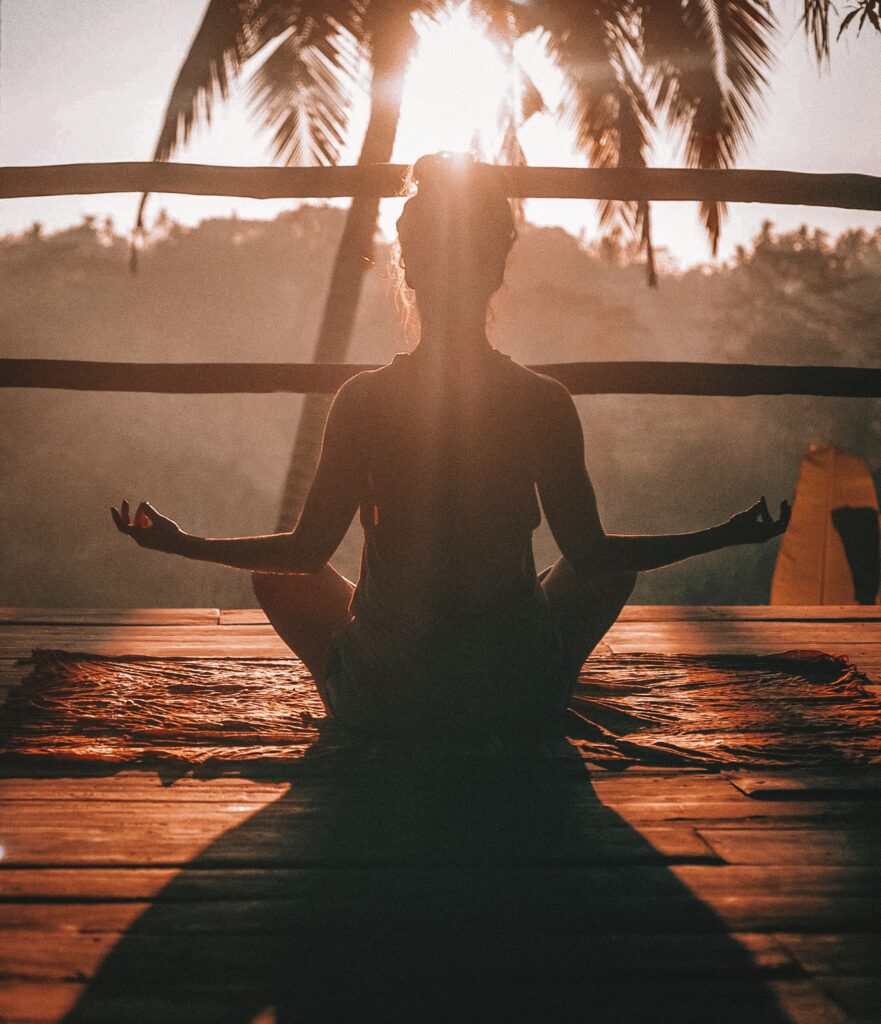Home » Treatment Programs » Holistic Therapy » Reiki Healing
Reiki Healing
If you have been struggling with addiction or mental health issues, traditional evidence-based treatment programs may not address all of your physical and emotional needs.
Individual counseling, group therapy, and medical interventions are all key elements of treatment programs at Gratitude Lodge. Beyond this, our inpatient treatment programs also offer a variety of complementary and holistic therapies like reiki.
What is Reiki?
Reiki is a Japanese healing technique indicated for relaxation and stress reduction. The Japanese word reiki is composed of two characters:
- Rei: Sacred, spirit, or universal, rei expresses the higher consciousness believed to be the source of Reiki energy.
- Ki: Life force energy, also known as prana or chi, an energy that flows through all living things.
Combined, these concepts translate to spiritually-guided life force energy. Underpinning reiki is the belief that the lower your life force energy, the more likely you are to feel stressed or become sick.
The leading form of reiki practiced today is Usui reiki, created in 1922 by Dr. Mikao Usui. Reiki has been practiced for millennia in various forms. Since reiki does not directly cure illnesses or diseases, you may be wondering, “Does reiki help with mental health or addiction?” By managing symptoms and improving wellbeing, reiki may be an effective component of a comprehensive treatment plan.

HOW CAN REIKI HELP WITH ADDICTION TREATMENT?
Is healing with Reiki more effective than a placebo, though?
Reiki is a holistic healing practice that is believed to help promote physical, emotional, and spiritual healing. Here are some ways in which Reiki can help:
- Promotes relaxation: Reiki can help to reduce stress and promote relaxation, potentially improving overall well-being and supporting the body’s natural healing processes.
- Reduces pain and inflammation: Reiki may help to reduce pain and inflammation in the body by encouraging circulation and promoting the relaxation of tense muscles.
- Improves sleep: Reiki may help to improve the quality of sleep by promoting relaxation and reducing stress and anxiety.
- Supports emotional healing: Reiki can help to release emotional blockages and promote feelings of inner peace and well-being.
- Enhances spiritual connection: Reiki can help to promote a deeper sense of connection to yourself, others, and the world around you, which can help to foster a sense of purpose and meaning in life.
How does Reiki work, then?
What Happens in a Reiki Session?
During a reiki session, the practitioner puts their hands on you or just above you to bring about healing. The belief is that the practitioner can stimulate your body’s natural ability to heal.
During a typical session, the practitioner will ask you to lie down comfortably on a treatment table while remaining fully clothed. The practitioner may then ask you to close your eyes and take deep breaths to help you relax.
The practitioner then places their hands in various positions on or near your body, moving from your head down to your feet, while channeling Reiki energy. The practitioner may hold their hands in each position for a few minutes, allowing the energy to flow through their hands and into your body.
People often describe feeling a warm, tingling sensation in the areas where the practitioner’s hands are placed. Some people also report feeling deeply relaxed and peaceful during a reiki session.
Reiki sessions usually last between 60 and 90 minutes. After the session, the practitioner may provide feedback about areas of tension or blockages that they observed during the session.
Reiki Therapy at Gratitude Lodge
At Gratitude Lodge in Southern California, benefit from science-backed addiction treatment combined with holistic therapies like reiki. Call admissions at 800-994-2184 for immediate assistance.
Our Partners

















